<p>In an initiative called Driving Force, UNFPA and Elas Fund supported eight projects empowering women and promoting sexual and reproductive health and rights in Bahia, Brazil. The projects, which took place across nine municipalities with accompanying online content, reached more than 3,000 women aged 12 - 96. </p><p>The Matriarch: Like the <em>Yabás</em> or female Orishas (goddesses), Mameto Laura Borges believes that all women have the strength to prosper within themselves. "Wisdom is the true legacy of our lives," she said. "It is knowing how to listen and how to speak." She is a religious leader in Salvador whose doors to her <em>terreiro</em> (place of worship) are open to all – young, old, cis- and transgender– to learn about self-care and reproductive health but who also harbor a wish to be supported and heard. © UNFPA Brazil</p>
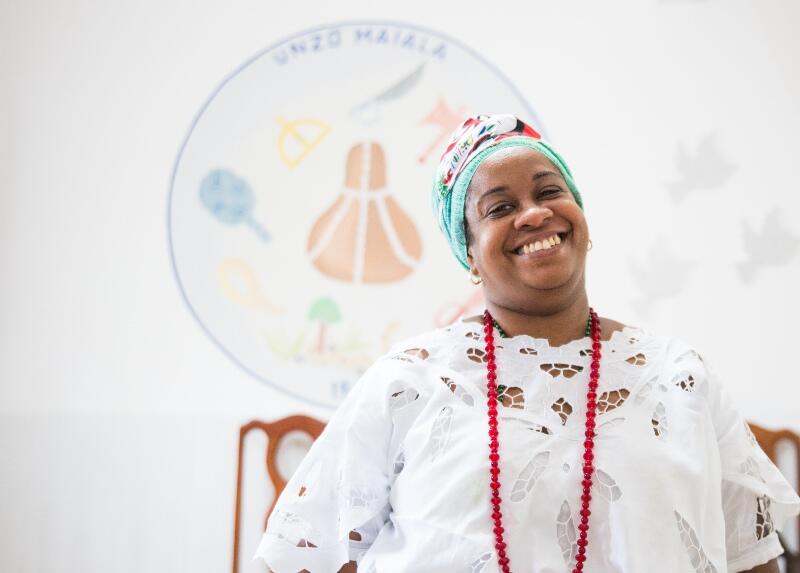
<p>The Mentor: Some women find their voice on paper. To process past trauma of violence, Luzitânia Silva made up stories and wrote them down – and began to heal. To help other women and girls with similar experiences, she started creative writing workshops held by the Empowered Girls and Women collective. "There is a fine line," she said, "between reality and fiction." © UNFPA Brazil </p>
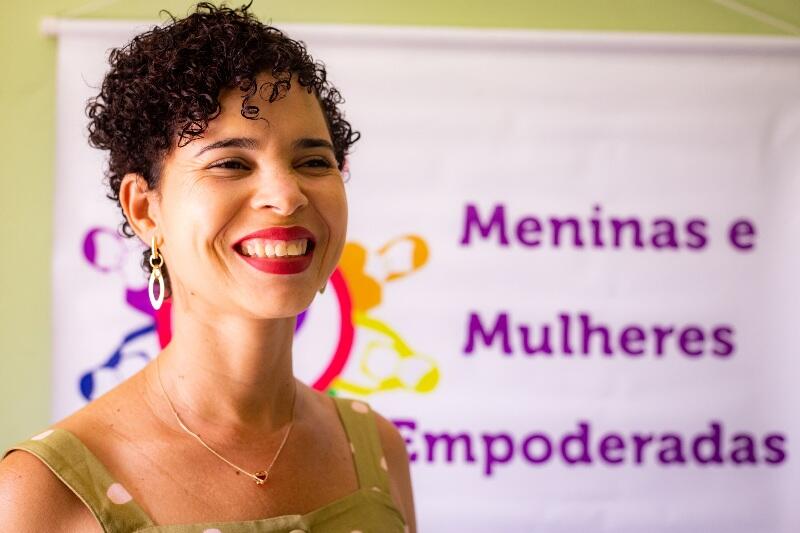
<p>The Revolutionary: Patricia Santana's reality as an impoverished Black lesbian was a life of stigma, loneliness and discrimination. Her family took her to a Catholic priest and a Afro-Brazilian priestess to try to "heal" her. To combat persecution and prejudice lesbians face about sexual and reproductive health, she created the <em>Lesbi Saude</em> caravan in partnership with the <em>LesbiBahia</em> collective to educate members of the LGBTQI community throughout Bahia state that they had the right to live in health and safety. "We certainly learned a lot more than we had to teach," she said. © UNFPA Brazil/Carol Garcia </p>
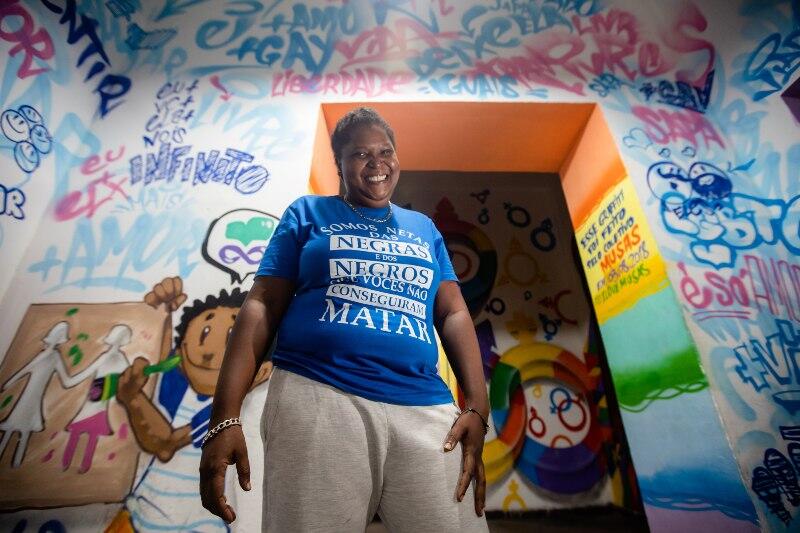
<p>The Artisan: Samaha Monteiro revived an old pastime – crochet – to teach. But teenagers and women learn more than the handicraft. Her collective <em>Crochetando Empoderando </em>(Empowering Crochet), offers free legal assistance and bodily workshops to survivors of violence. She herself had escaped a life of early marriage and motherhood, addiction and domestic abuse after learning about empowerment in an entrepreneurship class she found through an NGO. "What I experienced I don't want for anyone, especially girls, and I had to find a way to tell that to them," she said. © UNFPA Brazil </p>
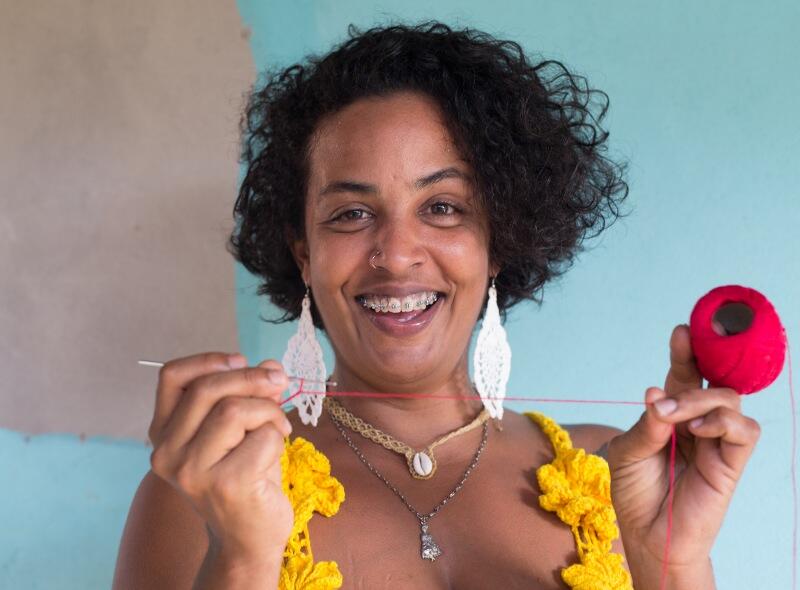
<p>The Influencer: As an activist in the <em>Flores de Dan</em> collective that champions the human rights of the poor, Salvador-born Sueide Kintê found a way to talk to women and girls about taboo topics: they have sexual and reproductive rights and they have a right to health care. Lack of information can wreak damage on the health of those who feel they have no one to turn to for answers or aid. Ms. Kintê's project, "This Body is My Body," mobilized digital influencers and content creators to develop materials on sexual and reproductive health and rights for distribution on social media networks and televison. It was, she said, "a game changer." © UNFPA Brazil</p>
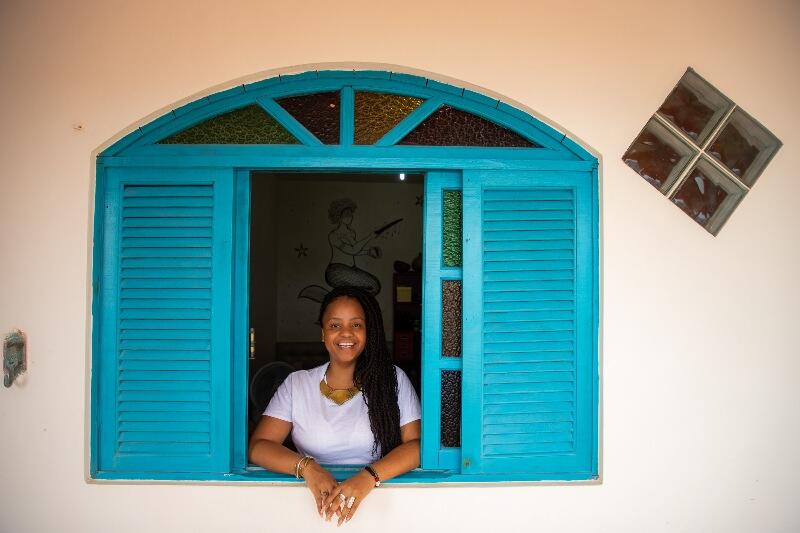
<p>The Communicator: Dina Lopes is also using televison to share information on women's sexual and reproductive health. Her show, "<em>Conversa de Preta</em>" (Black Talk), which reaches more than three million viewers, has opened a conversation on freedom of choice and fighting for what you want. "We have to use this power to decide our own lives," she said. Ms. Lopes also wants to draw women out from the shadows: "It was time to give women a voice and opportunity." © UNFPA Brazil/Carol Garcia </p>
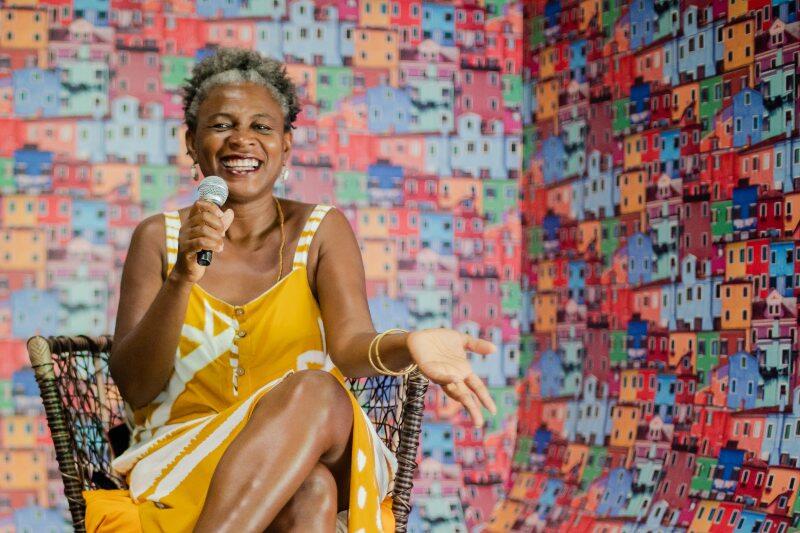
<p>The Storyteller: Lara Carvalho is using her voice to advocate knowing one's body. Her project, <em>Nossos Ventres</em> (Our Wombs) has produced and disseminated content on menstruation, sexual relations and pregnancy through a documentary, the <em>Lunáticas </em>podcast (named for the collective Ms. Carvalho formed) and a digital book. "Understanding how our body works and our cycles is something we used to have but now have lost," she said. Her goal is to help women regain that knowledge. © UNFPA Brazil</p>
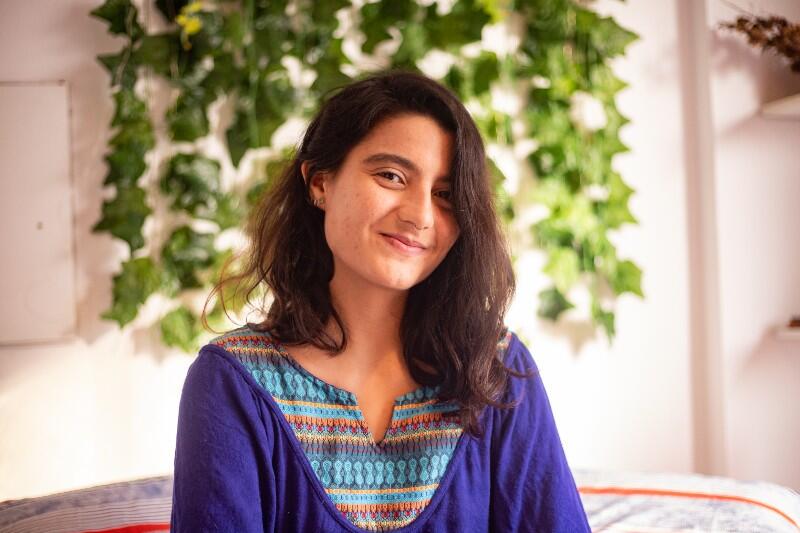
<p>The Natural: Carol Nascimento, too, is working to restore value to traditional skills. Her collective, <em>Alevante da Terra</em>, which combines her interests of natural medicine, art education and midwifery apprenticeship, promotes health and well-being through dance, theatre and music. Her project, "<em>Mulherada, se Alevante</em>” [Ladies, stand up!] shared information on caring for one's body and dealing with violence, among other topics. Art, she said, "is the medium that unites all languages." © UNFPA Brazil/Carol Garcia </p>
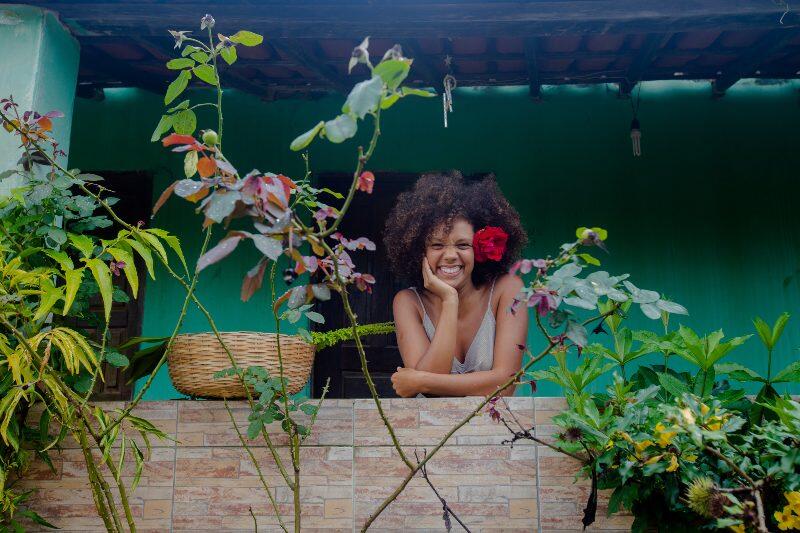
In an initiative called Driving Force, UNFPA and Elas Fund supported eight projects empowering women and promoting sexual and reproductive health and rights in Bahia, Brazil. The projects, which took place across nine municipalities with accompanying online content, reached more than 3,000 women aged 12 - 96.